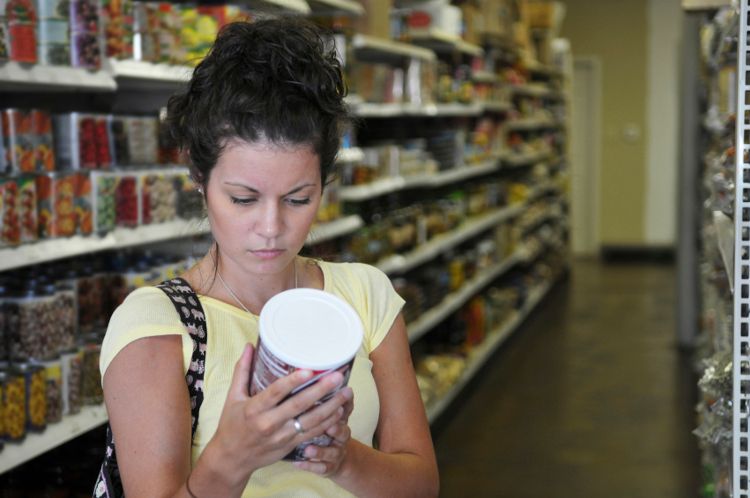Weight gain, mental wellbeing cited as major concerns by consumers during COVID-19 pandemic, says market researcher
Weight-management and stress-support categories present opportunity for manufacturers trying to capture consumers during the pandemic.
Photo © iStockphoto.com/dlewis33

The much-discussed curve associated with COVID-19 is flattening in many countries. However, while there is some optimism that the worst of the virus has passed, consumers still demonstrate considerable concerns. Indeed, in the aftermath of the peak of the virus, consumers are becoming more conscious about the impact that the virus has had on their mental wellbeing. This is something that will intensify in 2020 because of high levels of uncertainty about a second wave of the disease and the wider implications of lockdowns.
Additionally, consumers have become more conscious about their waistlines due to reduced levels of inactivity and increased levels of snacking. Our company, market researcher FMCG Gurus, recently conducted consumer surveys in 18 countries in April and May to measure some of the leading consumer health concerns related to the pandemic. (Earlier, our company provided its insights on how the pandemic will impact the world’s health and wellness practices, including of younger generations.)
High Anxiety
The wide-ranging implications of COVID-19 are becoming clearer as countries begin to deal with the aftermath of the peak of the disease. While much attention has been paid to the physical health issues associated with the virus, the pandemic has had a significant impact on mental wellbeing.
In May 2020, a total of 43% of consumers we surveyed said that they are now more conscious about their mental wellbeing, a considerable increase compared to the 36% who said this in April 2020. This increase shows the impact that restrictions of movement and disruptions to daily life are having on mental health. For instance: in May 2020, a total of 72% of respondents said that the world is heading towards recession (compared to 62% in April 2020). Moreover, 71% said that they are worried about a second wave of COVID-19 infections. These feelings of uncertainty and anxiety will continue for some time. This is something that will continue to impact on the mental wellbeing of consumers.
Weight Gain
Another area of health that COVID-19 has impacted is body weight. In May 2020, a total of 32% of respondents said that they have become more conscious about their waistlines, compared to 21% who said this a month earlier. This can be attributed to the reduced levels of inactivity many are experiencing. It can also be linked to consumers snacking more for feelings of comfort and escapism; 50% of respondents said they have snacked more in May 2020, compared to 38% who said the same in April 2020.
Consumers are becoming more conscious about their waistlines during this time, both for the long-term health issues associated with being overweight and because of the link between obesity and increased risk of complications arising from getting coronavirus.
At the same time, snacking for escapism purposes will continue. This may drive demand for low-sugar products and those that are nutritious and natural to help alleviate the guilt associated with snacking and avoiding conflictions with health goals.
Opportunities for Product Marketers
These consumer concerns as a result of the COVID-19 pandemic means there could be considerable demand for products that help alleviate feelings of stress in 2020, as well as products that help consumers with their weight management goals. Products that can offer this in an affordable and compromise-free manner will be of high appeal to consumers.
Note: This article is based on the following surveys conducted by FMCG Gurus: 1) April 2020 COVID-10 survey series on 23,000 consumers across 18 countries, 2) May 2020 COVID-10 survey series on 23,000 consumers across 18 countries. For more information, please contact info@fmcggurus.com.
Survey finds a lack of enthusiasm about AI technology among food and beverage consumers
December 12th 2024The survey, commissioned by Ingredient Communications and conducted by SurveyGoo, found that 83% of respondent agreed that companies should declare on product labels when a product has been designed or manufactured with the assistance of AI technology.
Kelker Pharma to launch nutritional support system for GLP-1 medication users that features TriBsyn
December 11th 2024B&D Nutritional Ingredients Inc., an exclusive distribution partner of CarnoSyn Brands and Natural Alternatives International Inc., announced that its customer, Kelker Pharma, will be launching the “first science-backed nutritional support system” for GLP-1 medication users, called Nutrilinq Genesis.